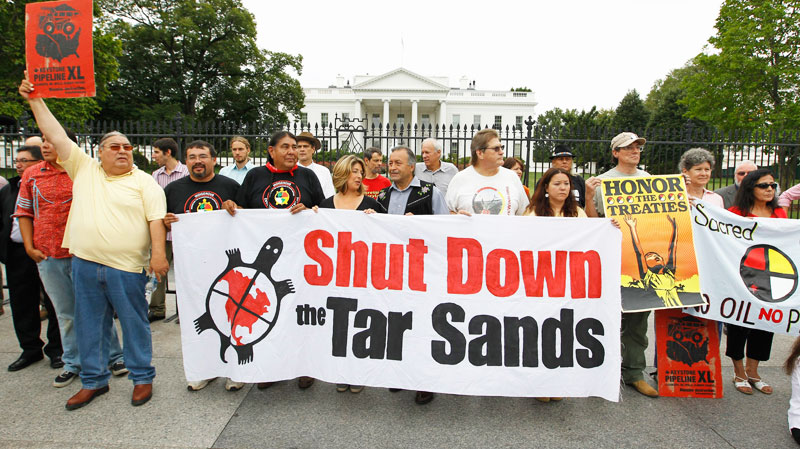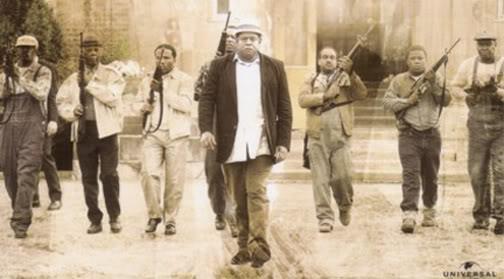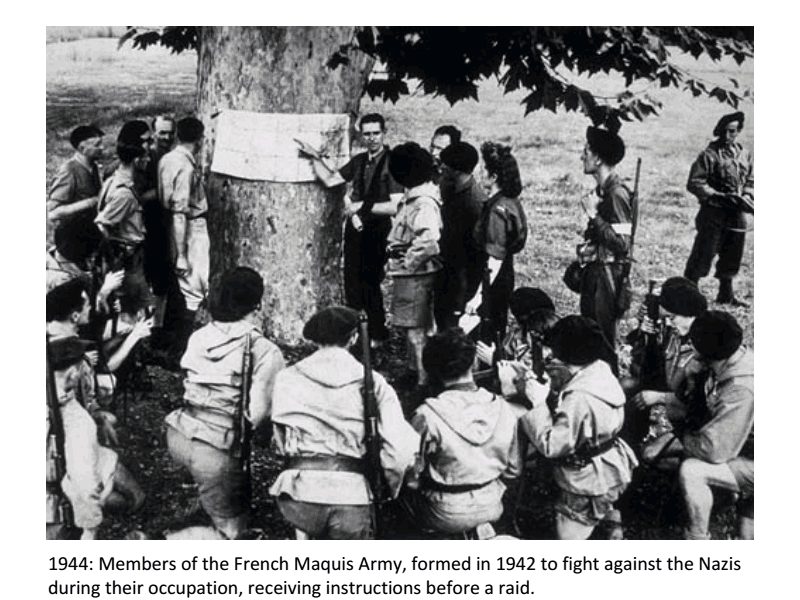Time is Short: Reasoning to Resistance
15 Realities of our Global Environmental Crisis By Deep Green Resistance Industrial civilization is not, and can never be, sustainable. Any social system based on the use of non-renewable resources is by definition unsustainable. Non-renewable means it will eventually run out. If you hyper-exploit your non-renewable surroundings, you will deplete them and die. Even for your renewable surroundings like trees, if you exploit them faster than they can regenerate, you will deplete them and die. This is precisely what civilization has been doing for its 10,000-year campaign – running through soil, rivers, and forests as well as metal, coal, and oil. ...




